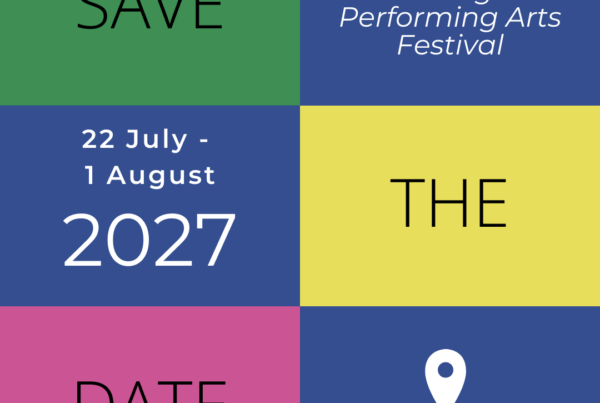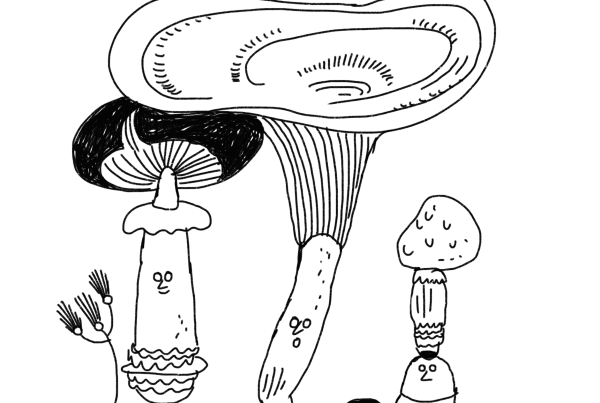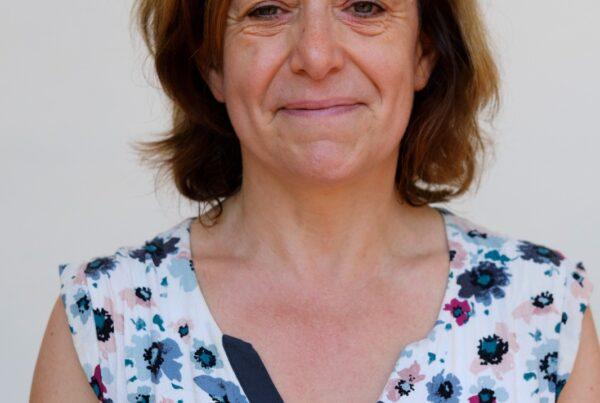We are nearing the end of the second decade in the 21st century. Much has changed, some things for the better, some not. This week I lectured on Ivan the Terrible (a mistranslation, it should be Ivan the Awesome—someone who instils admiration and fear) and of course, this brings me to our present world leaders and makes me ponder: how far did we come, as persons, as human beings? The world is civilized; its inhabitant is not, maintained the Spanish philosopher Ortega y Gassett a century ago and while his philosophy is more complex than this quote by itself reveals, it sounds oddly true to me.
But at the same time, we cannot cave in. For every human being has to have a purpose, a goal, a reason to move on. It can be very intimate and personal, and it can be large and idealistic. ASSITEJ is large and idealistic and we have to because we have to believe that as human beings and as artists we can make a difference to the most vulnerable inhabitants of the world: the children. And so we bond together to create a message for the world theatre day (March 20th), a toolkit that artists around the world can use, a video that shows what theatre for young people can be and what it means to bring a child to the theatre. And beyond that, we organize festivals, artistic gatherings, showcases, and symposia. To give what we have learned back to our children.
Our idealism is rooted in practice and that practice is determined by the circumstances under which we work. Therefore our practice is diverse, it seldom takes the same form at two distant places at once or reveals the same content, but it can make the same impact. And that impact is what we are after, the impact of having experienced a piece of art, an “aha” feeling that is hard to articulate, that has little to do with like or not like but about having experienced something profound and meaningful, something that lingers. We recognize that a child can experience this, and we aim to give them those experiences. Art creates forms symbolic of human feelings maintained US philosopher Susan Langer, and doesn’t a child have human feelings and therefore the right to art?
We at ASSITEJ are attempting to civilize the inhabitants of the world, starting with the youngest ones, and including the emerging adults. And if possible also the adults, beginning with ourselves. Sir Ken Robinson maintains that Creativity is not an option, it is an absolute necessity, and we, the artists, researchers, educators, festival organizers and all the others that make up ASSITEJ, recognize this necessity and we want to pass it on to the next generations. Despite history, despite centuries of arts censorship, despite lack of support, or lack of respect or lack of acknowledgement. We will keep working on changing through our art, one child at the time.






